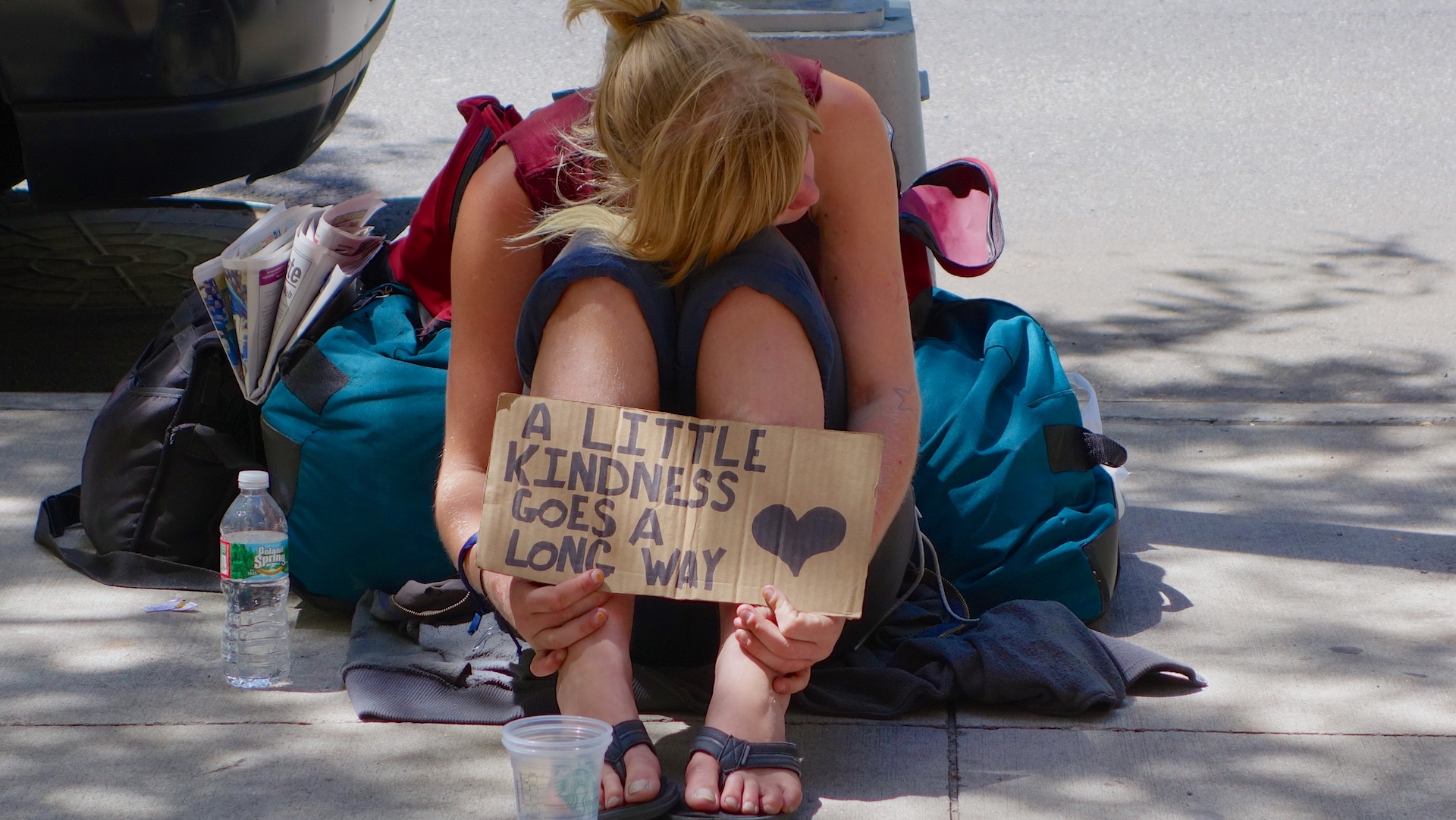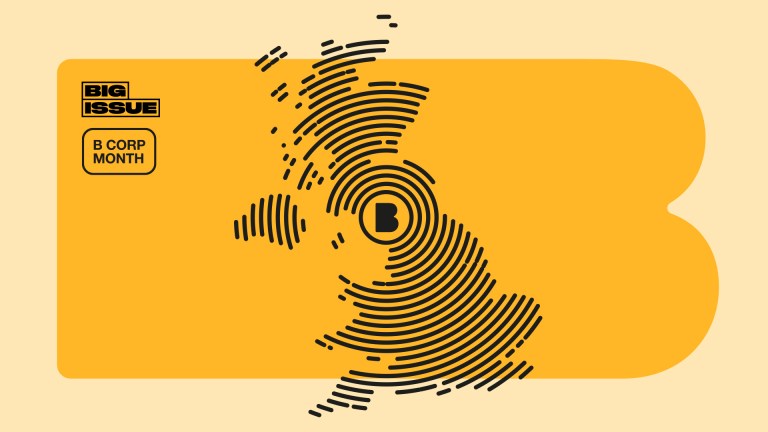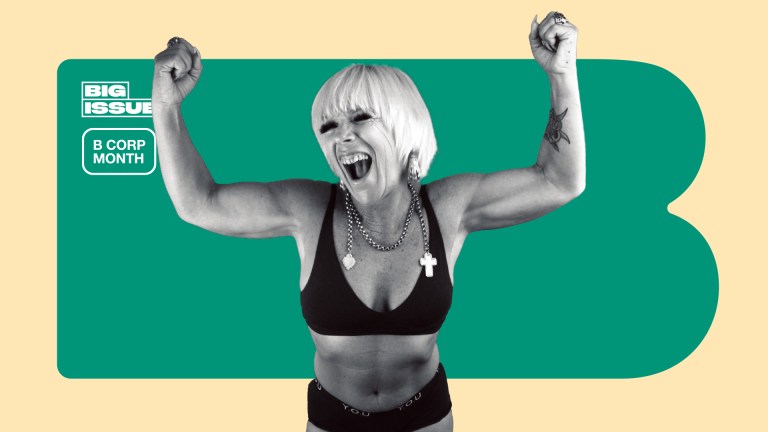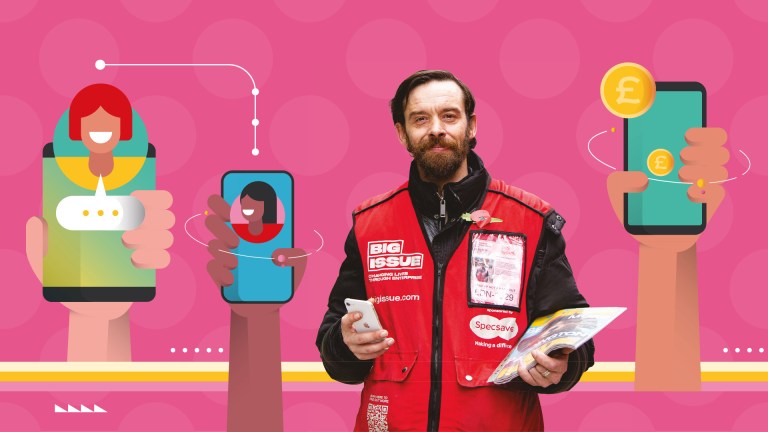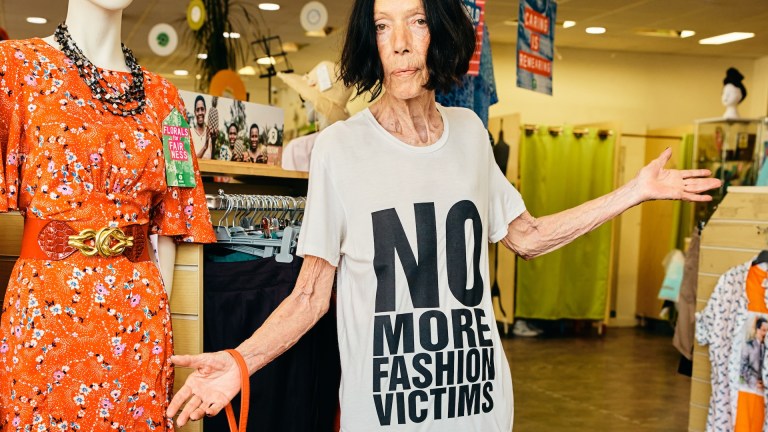This year has been hard on the UK’s young people. A third of working 18 to 24-year-olds have lost their jobs as a result of the Covid-19 crisis, while under-25s are more than twice as likely to have seen their sector shut down than other age groups.
It makes the work of End Youth Homelessness (EYH), a national network of local charities, more vital than ever. And it’s why The Body Shop is teaming up with them to help lift young women out of homelessness.
Last year 110,000 young people sought help because they were facing homelessness. The majority – 67 per cent – are forced to leave home because of family breakdown. Many fall into homelessness as a result of domestic violence, mental health struggles or those of a parent, substance misuse or families who don’t accept their sexuality or gender identity. Nearly a quarter of homeless young people are LGBTQ+, according to charity akt, while increasing numbers of young migrants, asylum seekers and refugees are seeking help with homelessness – locked out of the social security net by the ‘hostile environment’ policy.
The figures show that the pandemic has pushed even more young people to crisis point. EYH member charity Centrepoint saw a 50 per cent uptake in young people phoning its helpline during lockdown because they were worried about homelessness, while the number of callers who are sleeping rough also increased by 50 per cent. The number of under-25s claiming benefits doubled between March and May this year, taking the number to more than 500,000.
The government’s decision to lift the emergency eviction ban will put thousands of tenants dealing with income cuts at risk in the coming months. And there are particular concerns for young women, who have been disproportionately impacted by Covid-19 job losses.
It’s a partnership that will change the lives of people who are already facing discrimination
Not all homeless young people sleep rough, but for those who do, it puts young people in situations which can be dangerous and frightening, exposing them to the weather as well as violence and sexual exploitation. Often cut off from support, more than 80 per cent of young people experiencing homelessness suffer mental health issues.
